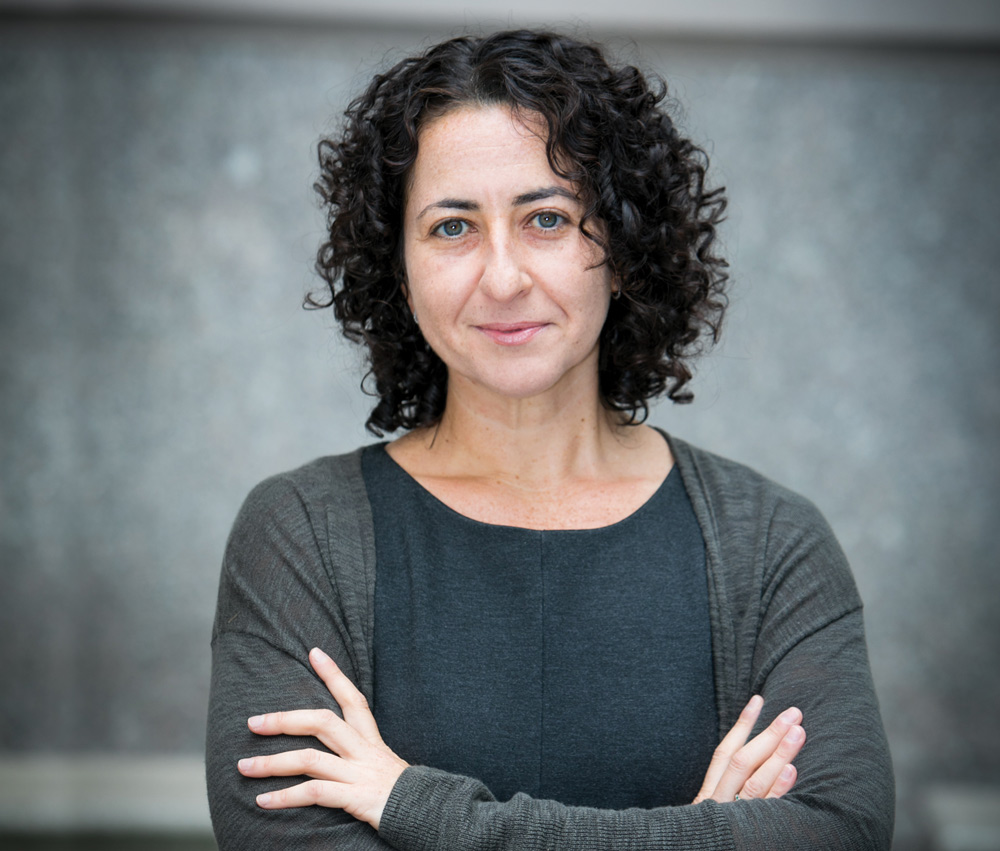Seeking Justice, Not Incarceration, for Survivors

Q: What kind of work will the Tow Foundation Grant support?
The grant will support the ongoing work of SJP: working directly with incarcerated domestic violence survivors who are seeking resentencing using the DVSJA; supporting and building an interdisciplinary statewide network of defenders, social workers, and advocates; educating judges and prosecutors on a trauma-informed approach to the act; and collecting data about the statute’s implementation in order to promote accountability, guide implementation, and identify trends that will shape necessary areas of additional reform.
The support also allowed us to hire Elizabeth Isaacs, a former appellate defender at the Legal Aid Society, to co-teach the clinic and expand SJP’s reach.
Q: In its first year, the Survivors Justice Project was already getting impressive results and expanding to serve clients across the state. Since then, what kind of impact has the project had on imprisoned victims of violence?
Thus far, the clinic has worked with numerous incarcerated survivors of domestic violence, including five who have gone through the DVSJA process. Of those five, four have had their sentences significantly reduced, saving many years in prison. The process of preparing an application and litigating each case often takes more than a year and requires thorough investigation, deep emotional engagement, many strategic considerations, and intensive writing in the drafting phase. Our work with survivors also extends to other kinds of advocacy—support through the parole process and clemency petitions, for example. Each student team works closely with the person we represent in a collaborative and supportive process that centers healing and conscientiously tries not to re-create or exacerbate the dynamics of trauma that survivors have experienced in the past—not only before their arrest, but also while being prosecuted and during their incarceration. We hope that this approach will inform the practice of clinic students throughout their careers, no matter what kind of work they end up doing.
Q: The clinic has been working to get the state legislature to pass the START (Survivors of Trafficking Attaining Relief Together) Act, which would help more victims of violence burdened by criminal records. How does advocacy dovetail with the work of students in the clinic?
Advocacy outside of the court system is integral to the clinic’s work. From day one of orientation, we situate the passage of the DVSJA in historical context as the culmination of decades of advocacy by directly impacted people—survivors of domestic abuse, currently and formerly incarcerated people, and women of color. The clinical work goes hand in hand with this advocacy: tracking the law’s implementation, supporting survivors going through the process and reentering society, and educating the broader community about the linkages between domestic violence and criminalization. For instance, clinic students actually named the START Act bill and worked with a client/advocate/survivor to write an op-ed in the Gotham Gazette supporting its passage. The bill passed both houses this past spring and was signed into law by Governor Kathy Hochul on Nov. 16.
We also encourage students to think about what amendments are needed to the DVSJA. This fall, students are joining in a national convening with organizers from across the country—brought together by SJP, the Sentencing Project, and the Cornell Center on the Death Penalty Worldwide—to discuss how lessons learned in New York can inform legislative advocacy for survivors in other jurisdictions.
For more information and to support the Survivors Justice Project, please visit www.brooklaw.edu/SJP